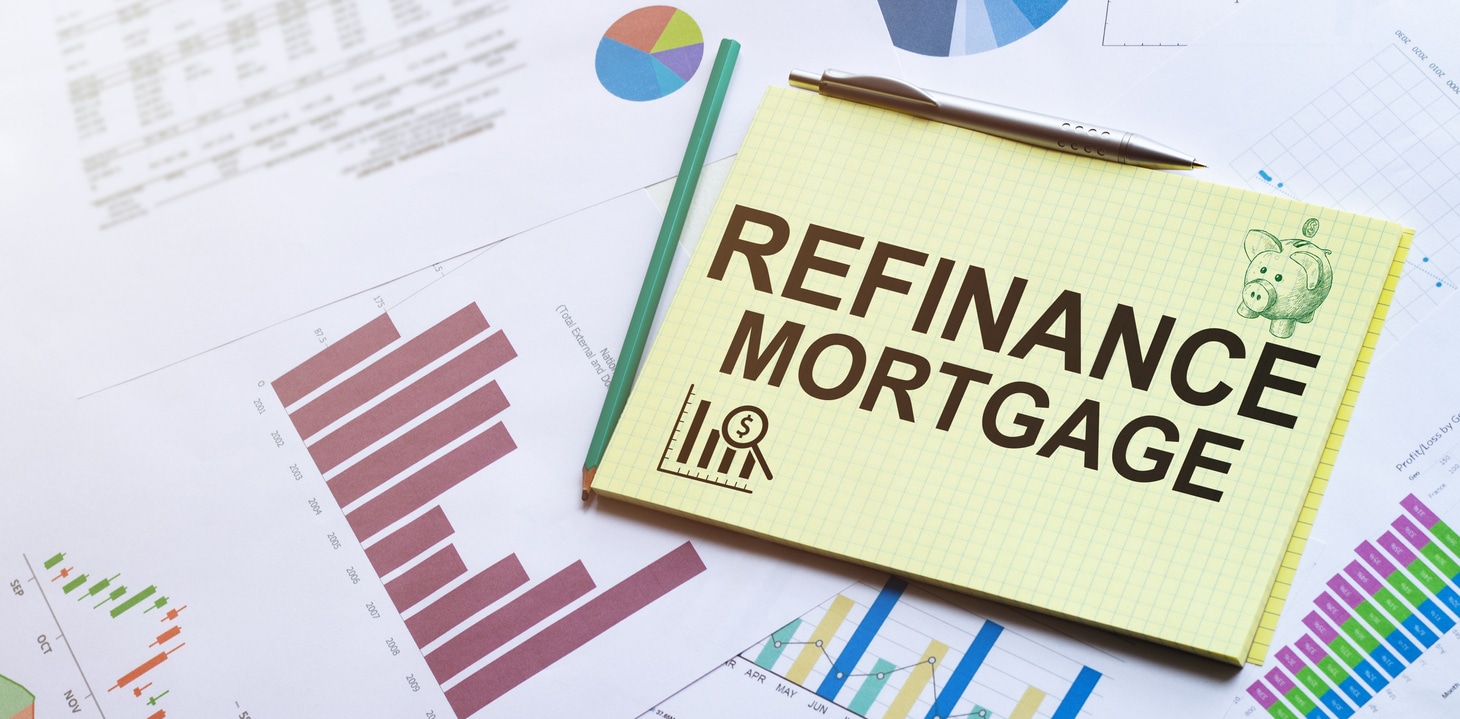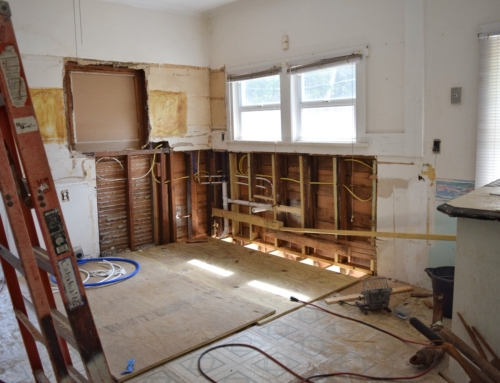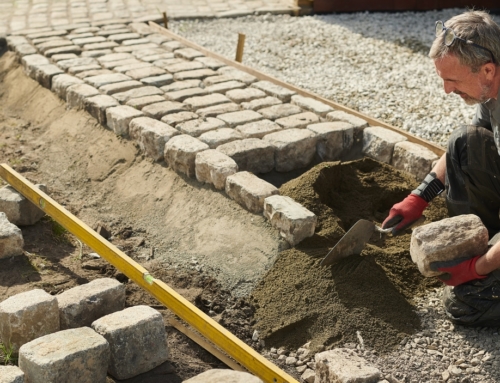If you’ve been considering refinancing your home, today’s attractive interest rates may make it the best move. The national average for mortgage interest rates is around 3.3%, and there are many lenders out there who will finance your new loan for approximately 2.5%.
If your mortgage is an older loan that you are paying 6% or more APR for, which was the national average in 2006 to 2008, you could save a considerable amount of money each month by refinancing your mortgage now.
To make sure if refinancing will be your best move, you’ll need to take several factors into consideration. If the interest rate you are being offered is not at least a minimum of ½ a percentage point below your current rate, it won’t be worth the effort and costs involved to refinance.
While the appeal of reducing your monthly mortgage payment seems to attract most people to refinancing, you need to make sure that you won’t end paying more overall over the life of your new loan. This can happen if the term of repayment of your new loan is longer than your current loan. You may save money each month but will end up paying more in interest over the life of your loan.
Here’s what you need to know before refinancing your home…
Shop Around for the Best Offer
A reputable mortgage broker who can search multiple lenders for the most attractive rate and terms can be a good way to shop for potentially refinancing your loan. You may want to ask a REALTOR® you trust and who has a successful sales presence in your area for the names of their best mortgage broker.
Be wary of using Google to search for “best mortgage broker near me” – the first listings you see will be paid ads, and being on the first page of results does not necessarily mean that company is reputable or successful. As in any other profession, it pays to do your homework to avoid any unfortunate hassles with something as important as refinancing your home.
There are also many reputable online lending sources who deal in mortgage refinancing, like Loan Depot, Rocket Mortgage and LenderFi. Of course, your current bank is also a good source for refinancing your mortgage, and industry leaders like Chase and Bank of America are big players in the game.
Almost every mortgage lender can facilitate your entire loan transaction online, but there can be many forms to fill out, a lot of information to provide and some hoops to jump trough. The whole process can be as involved as the one you undertook to take out your original mortgage and take up to 30 to 45 days from the time of application to your closing date.
You should also consider how long you’ve lived in your home, and you’ll need to know the amount of equity you have in it. For example, if you have less than around 5% equity in the property, you can expect to pay a higher interest rate than someone who has 20% or more equity in their home. Also, if you’ve accumulated 20% or more equity in your home, you’ll likely be able to avoid the requirement of Private Mortgage Insurance, (PMI), payments in your refinance.
How Much Will it Really Cost?
 The interest rate you’ll be quoted for refinancing your mortgage loan will not be the only costs involved. The buyer will need to pay for things like a professional appraisal of your property, application fee, loan origination fees, taxes, or other costs. Many lenders will offer you the option of rolling some or all of those costs into the loan amount itself. This can result in either a slightly longer loan term or slightly higher interest rate, or both, so that the lender recoups that money.
The interest rate you’ll be quoted for refinancing your mortgage loan will not be the only costs involved. The buyer will need to pay for things like a professional appraisal of your property, application fee, loan origination fees, taxes, or other costs. Many lenders will offer you the option of rolling some or all of those costs into the loan amount itself. This can result in either a slightly longer loan term or slightly higher interest rate, or both, so that the lender recoups that money.
In addition to determining the amount of monthly savings you’ll realize by refinancing, making sure that the overall costs involved make financial sense is critical. For example, if you only plan to live in your home for 5 more years but your new mortgage loan calls for a repayment term of 15 years, you may be better off to just keep your current loan.
Your credit history can also be a big factor in determining the interest rate you’ll pay on a new mortgage loan. Someone with a lower-than-average credit score can expect to pay a higher APR than someone with a higher score.
If you are considering refinancing, you should accurately determine your credit score before you get shocking news from a prospective lender. If you can, take real steps to repair your credit score as much as possible before you fill out a refinance application.
The escalating real estate values of recent times, like we are seeing in SW Florida real estate, make it tempting to take out a new, “cash back” loan, where you take out some cash equity in your home to use for other purposes. While this can make sense under certain circumstances, you need to be sure that all the costs associated with the loan make financial sense for you. If you plan on paying down credit card or auto loans that carry a higher interest rate than the rate on your cash out loan, it can be a smart move.
The Bottom Line – Crunch ALL the Numbers
If you feel overwhelmed with the prospect and financial confusion involved in considering refinancing your home, there’s no shame in asking for help. You may have friends or relatives who have successfully refinanced recently, or your community may offer free assistance to people who need help through the financial maze of what it takes to take out a new mortgage loan.
Until you have a complete picture of all the pro’s and con’s involved, you can’t make an informed decision as to whether refinancing is right for your specific situation.







Leave A Comment